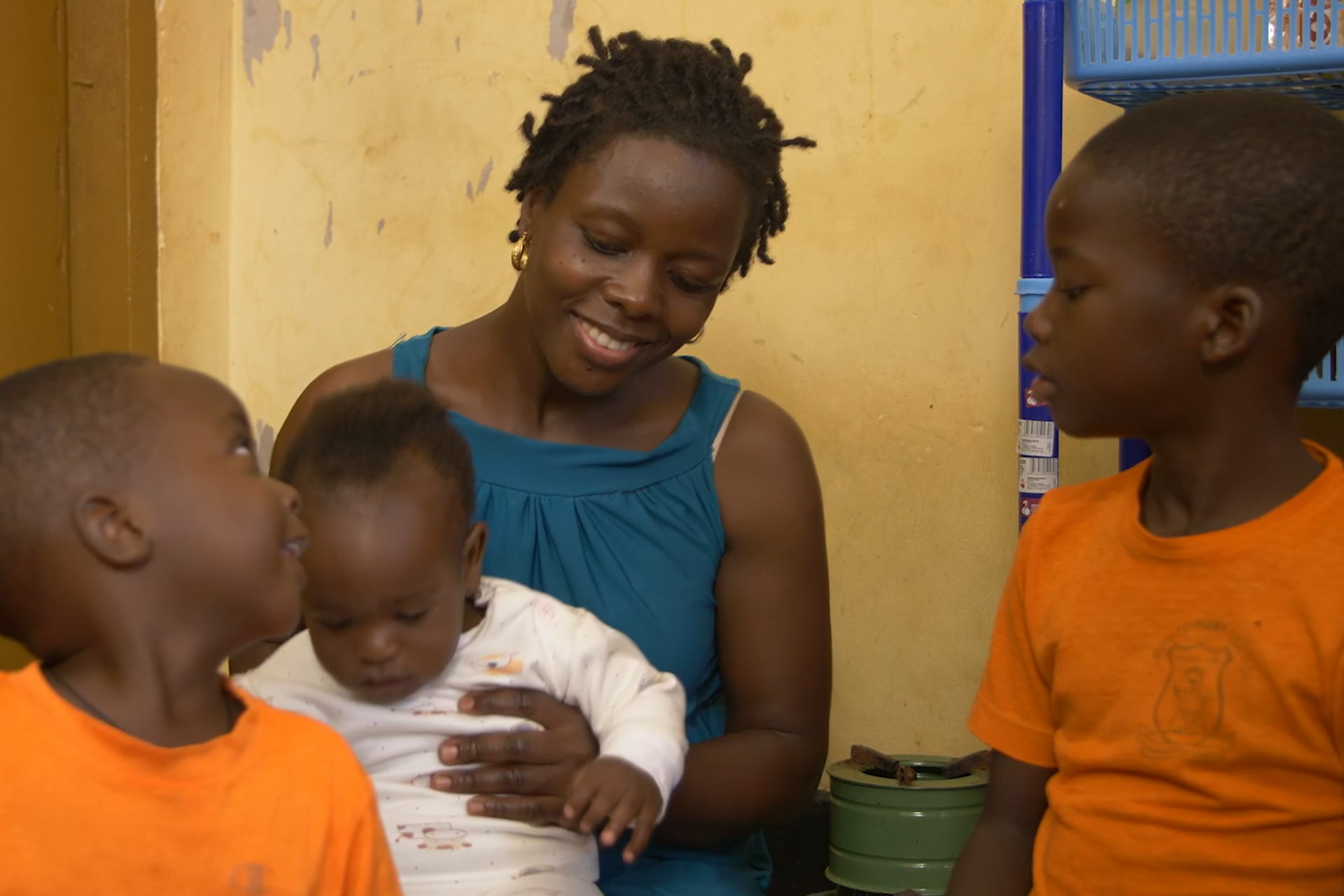Infection pharmacology
Our team leads innovative research in the pharmacology of infectious diseases, focusing on optimising treatment and prevention strategies for conditions such as HIV, tuberculosis, and emerging pandemic threats.
HIV research
We pioneered the use of ritonavir to boost HIV protease inhibitors, developed therapeutic drug monitoring for HIV antivirals, and contributed to shaping treatment guidelines worldwide. Our work spans all age groups, including those with renal or hepatic dysfunction, and explores antiviral penetration in the central nervous system (CNS) for patients with neurocognitive impairment.
Our state-of-the-art GCP-accredited Bioanalytical Facility enables precise measurement of antiviral concentrations across various body fluids and tissues. This supports our research on drug optimisation for vulnerable populations, the use of PrEP, and targeting sanctuary sites for HIV.
Pregnancy and breastfeeding
We lead major trials on antiretroviral therapy for pregnant and breastfeeding women and their infants, including the DolPHIN-2 trial, which showed that dolutegravir provides better virological outcomes than efavirenz-based regimens. Current studies are evaluating new drugs, such as doravirine and injectable cabotegravir/rilpivirine, during pregnancy.
Tuberculosis (TB) research
Our TB research focuses on developing shorter, effective treatments for both drug-susceptible and drug-resistant TB. We use pharmacokinetic-pharmacodynamic models to optimise dosing, including high-dose rifamycin therapy, and examine drug interactions for improved treatment outcomes.
Pandemic therapeutics
During the COVID-19 pandemic, we launched AGILE, the UK's platform for early-phase trials of experimental antivirals. We have identified optimal dosing for several therapies, including molnupiravir and nitazoxanide, and are advancing new antiviral candidates to phase II readiness as part of the UN 100-Day Mission.

Our research addresses urgent global health challenges, from optimising existing therapies to developing new antiviral strategies against future pandemics and other infectious diseases.

Spotlight: Reducing the rate of vertical transmission of HIV
DolPHIN 2 is a multinational project led by the University of Liverpool which aims to reduce the rate of vertical transmission of HIV through research into a new HIV drug called dolutegravir (DTG).